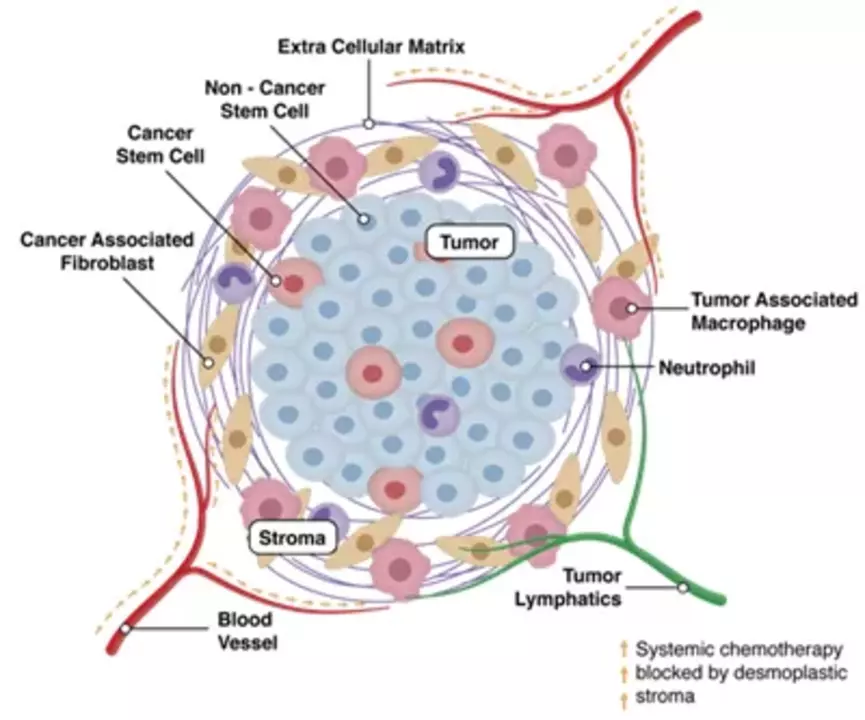Chemotherapy: Practical Guide, Side Effects, and Tips
Chemotherapy still scares a lot of people, and with good reason — it hits cancer cells and healthy cells alike. But the more you know, the easier it gets to plan, manage side effects, and stay out of the ER. This page gives clear, useful steps you can use right away.
What to expect
Chemo can be a single pill, a drip in a clinic, or a mix of both. Your team will tell you the drug names, schedule, and goals — cure, control, or symptom relief. Ask for a simple calendar showing dates, infusion length, and when to take any home meds. Bring a support person on at least the first visit; it helps for remembering details and for rides home if you feel lightheaded.
Side effects vary by drug but some pop up often: fatigue, nausea, mouth sores, low white blood cells, hair thinning, and changes in taste. Not everyone gets everything. Tell your doctor exactly how side effects affect your day — that helps them pick the right medicines or dose adjustments.
Practical tips that actually help
Nausea: Take anti-nausea meds as prescribed, not just after you feel sick. Try small, dry snacks (crackers, toast) before getting out of bed. Ginger tea or ginger chews can help some people.
Fatigue: Rest is fine, but light walking can reduce extreme tiredness. Prioritize tasks — pick one or two important things each day and let the rest wait.
Mouth care: Rinse with salt-and-baking-soda mix or a mild alcohol-free mouthwash. Avoid spicy or acidic foods if you have sores. Keep lips moist with a bland balm.
Eating: Focus on protein and calories when appetite is low — eggs, Greek yogurt, nut butters, and smoothies work well. If taste changes, try different foods and seasonings. If you’re worried about infection, follow your team’s guidance on raw foods and restaurant meals.
Infection risk: A fever over 100.4°F (38°C) after chemo is an emergency. Call your clinic immediately — low white blood cell counts can make infections dangerous fast.
Fertility and vaccines: Ask about fertility preservation before starting chemo if this matters to you. Also check vaccine timing with your team — some vaccines are delayed until immune recovery.
Travel and medications: If you buy meds online or across borders, check customs rules and FDA guidance first. Some sites offer savings but vary in safety and legality. Talk to your pharmacist about approved sources.
Support: Look for local or online support groups. Talking to people who’ve been through chemo helps with practical tips and emotional ups and downs. Mental health care matters — ask your clinic for counseling referrals.
Want more on diet, supplements, and navigating costs or online pharmacies? Read our related articles on nutrition and tumor growth, supplements like rose geranium oil and lentinan, and cross-border drug purchasing to make safer choices while you’re in treatment.
If anything feels off, call your care team. Quick calls catch problems early and keep treatment on track.
The Use of Cyclophosphamide in the Treatment of Pancreatic Cancer

As a blogger, I recently came across some interesting information about the use of Cyclophosphamide in treating pancreatic cancer. This chemotherapy drug has been proven effective in targeting rapidly dividing cancer cells while minimizing harm to healthy cells. Its use in pancreatic cancer treatment has shown promising results, particularly when used in combination with other drugs or therapies. However, it's crucial to remember that every patient's situation is unique, and the success of Cyclophosphamide may vary. It's essential for patients to consult with their healthcare team to determine if this treatment option is suitable for their specific case.
